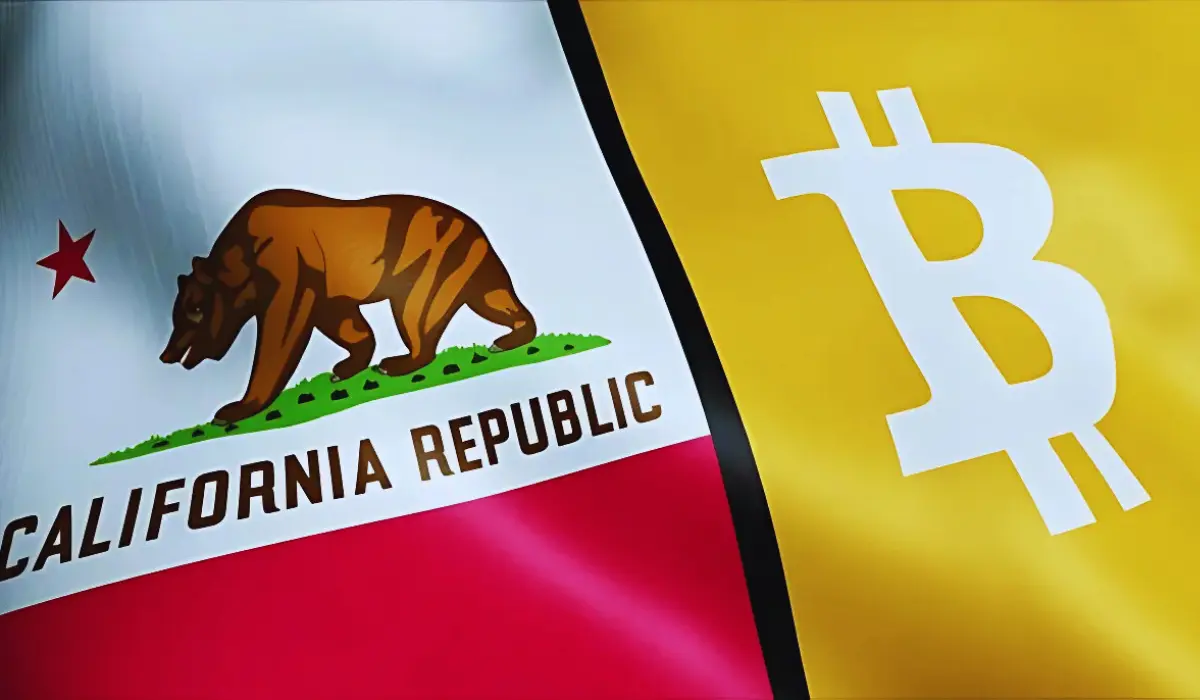Key Takeaways:
- The California assembly passed Assembly Bill 1180 (AB 1180), which allows the state to participate in cryptocurrency-based transactions.
- Passed with a 68-0 vote, the bill now awaits final approval by Governor Gavin Newsom.
- If implemented, California will become the fourth state to implement crypto-based payments in government, following Florida, Colorado, and Louisiana.
- Apart from the AB 1180 bill, various blockchain-driven bills are under review, including the Bitcoin Rights Bill (AB 1052).
Digital currency-based payment is one step closer to becoming one of the officially recognized payment mechanisms in California, following the unanimous passage of a bill that allows state departments to accept digital currencies.
In its third reading, the Assembly Bill 1180 (AB 1180) was passed with a 68-0 vote. California’s Department of Financial Protection and Innovation (DFPI) will now start developing a regulatory framework under the Digital Financial Assets Law (DFAL) to implement the bill.
Sponsored by Democratic Assembly member Avelino Valenci, the bill now awaits the final signature by Governor Gavin Newsom, which will be followed by a pilot program before it becomes fully operational.
California Joins Florida, Colorado, and Louisiana by Accepting Crypto Payments

After the final signature from the Governor, California will join Florida, Colorado, and Louisiana, the states that have already accepted crypto payments. Florida and Ohio pioneered the digital payment system by becoming early adopters of the technology.
Florida began accepting Bitcoin payments in 2018 at the local level, through the Seminole County Tax Office, in partnership with BitPay. However, the initiative ended soon due to the allegation that the county tax collector used public funds to finance his personal blockchain network.
Ohio also began accepting crypto payments the same year with the help of BitPay, and allowed 23 types of business taxes to be paid in Bitcoin. However, more regulations such as the system could not be used without the permission of the Board of Deposit were implemented in the coming years.
The Louisiana state government began accepting cryptocurrencies in September 2024 as a part of a broader effort to integrate new technologies into public services. The state’s treasurer , John Fleming, stated that by introducing cryptocurrency as a payment option, they were not just innovating but also providing their citizens with flexibility and freedom in interacting with state services.
Details of California’s Crypto Payments Bill
Authored by Valencia, the AB-1180 bill aims to make digital financial assets a part of the government’s payment mechanism. In detail, it seeks the Department of Financial Protection and Innovation (DFPI) to adopt regulations that permit payments required under the Digital Financial Assets Law (DFAL) to be made using digital financial assets (cryptocurrency).
DFAL was created in response to the issues that occur regularly in the under-regulated crypto industry. Through DFAL, crypto companies must obtain or have applied for a license by July 1, 2026, and adhere to new regulations covering policies and procedures, customer service standards, and financial stability.
The bill requires a pilot program to run until January 1st, 2031, primarily to understand its practical influences. Also, the bill requires DFPI to create a report that details all the transactions processed and the challenges encountered by January 1st, 2028.
You May Also Like This: China Bans Holding Bitcoin: What It Means for Global Crypto Investors
New Crypto Bills Help Bitcoin Surge
Beyond the AB 1180 bill, various other bills are being processed, including the Bitcoin Rights Bill (AB 1052), which allows self-custody rights for all residents of the state.
These bills are expected to create reflections on Bitcoin’s charts, helping it to continue the bull run. BTC is now trading at $105K, 5.84% down from its all-time high of $ 111.9 K.

